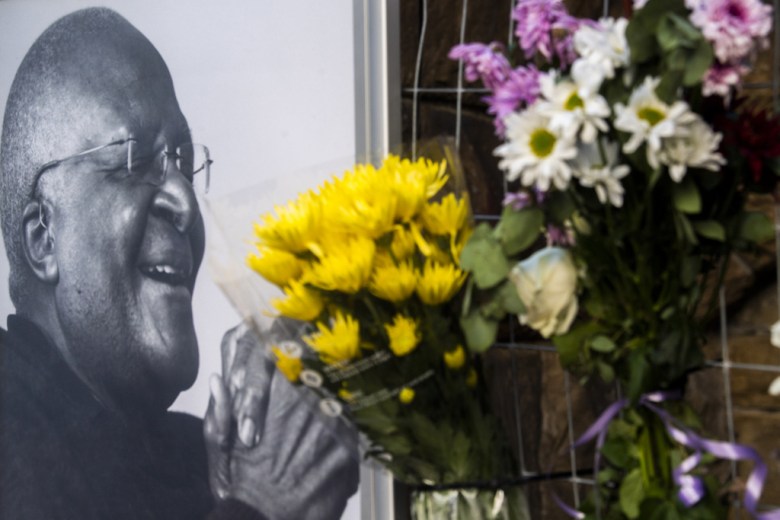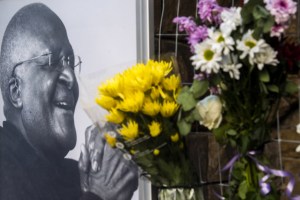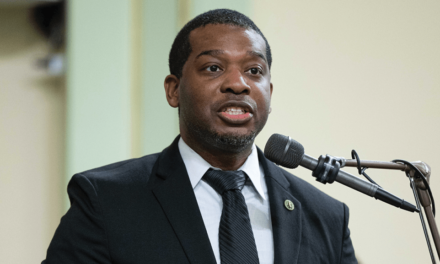
By Deborah Bailey
Special to the AFRO
Of all the many assignments Bishop Desmond Mpilo Tutu was entrusted to handle on this earth – outspoken opponent of the South African Apartheid system; dedicated advocate of non-violent resistance; Nobel Peace Prize Recipient; principled defender of justice for all people – it was Tutu’s work in chairing the South African Truth and Reconciliation Commission – a charge he accepted from President Nelson Mandela in 1995, that had to be his most difficult and defining work.
Truth and Reconciliation – even the thought of those two words in the same sentence – represented an impossible collaboration to many as it related to South Africa’s brutal journey from legalized apartheid to Mandela’s triumphant election as president of South Africa in 1994. Tutu described voting in the country’s first democratic election in 1994 like “falling in love,” as he laughed and squealed in delight. A world watched in hushed wonder at the thought of seeing a nation transform its values and vision in plain sight.
Desmond Tutu oversaw bringing the most brutal truths of the South African regime to light. He welcomed testimony from both the victims of the regime of terror and those who perpetuated the assaults on their fellow South Africans. This was no hand holding, “we are the world” assignment, given to the Archbishop. You already know, Tutu was criticized in all corners for decisions made by the Commission – too much truth for some and woefully inadequate punishment for others.
Yet, even with its imperfections, the South African Truth and Reconciliation Commission remains a model for countries all over the world – as well as for Truth and Reconciliation Commissions currently operating in cities across the US and HR-40, Federal legislation proposed by Congresswoman Sheila Jackson Lee (D-Texas) proposing a commission to examine the impact of slavery in the US.
Bishop Desmond Mpilo Tutu’s life and journey, is a celebration of triumph, principally because of the exuberant spirit he carried. A spirit characterized by joy even in life’s most difficult circumstances. Tutu called out injustice in many forms – all the days of his life, while also extending his hand and infectious laughter in the hope that truth could break the bonds of deception and take us all “up just a little bit higher” in our understanding, respect for and treatment of each other.
His was the greatest public service.
Deborah Bailey is a professor teaching about the South African Truth and Reconciliation Commission and other international and U.S. Commissions that have developed as a result at Bowie State University and is a writer for the AFRO.
The opinions on this page are those of the writers and not necessarily those of the AFRO. Send letters to The Afro-American • 145 W. Ostend Street Ste 600, Office #536, Baltimore, MD 21230 or fax to 1-877-570-9297 or e-mail to editor@afro.com
Help us Continue to tell OUR Story and join the AFRO family as a member – subscribers are now members! Join here!
The post Commentary: Remembering Desmond Mpilo Tutu appeared first on AFRO American Newspapers .





![”[She] Was Special on a Whole Other Level…Something I Never Had Before’](https://nnpa.org/wp-content/uploads/2022/11/Screen-Shot-2022-11-22-at-8.47.27-PM-150x150-1.png)





